Author:Baby & Adult Diaper Materials FROM:Diaper Materials Manufacturer TIME:2023-07-19
Diapers are an essential item for infants and toddlers, providing comfort and convenience for both parents and children. However, the environmental impact of disposable diapers has become a growing concern. The excessive use of plastic and the challenges associated with their disposal have prompted the search for sustainable diaper solutions. Non-woven fabric waterproof technology offers a promising solution to address these concerns. In this article, we will explore how harnessing non-woven fabric waterproof can contribute to sustainable diaper solutions.
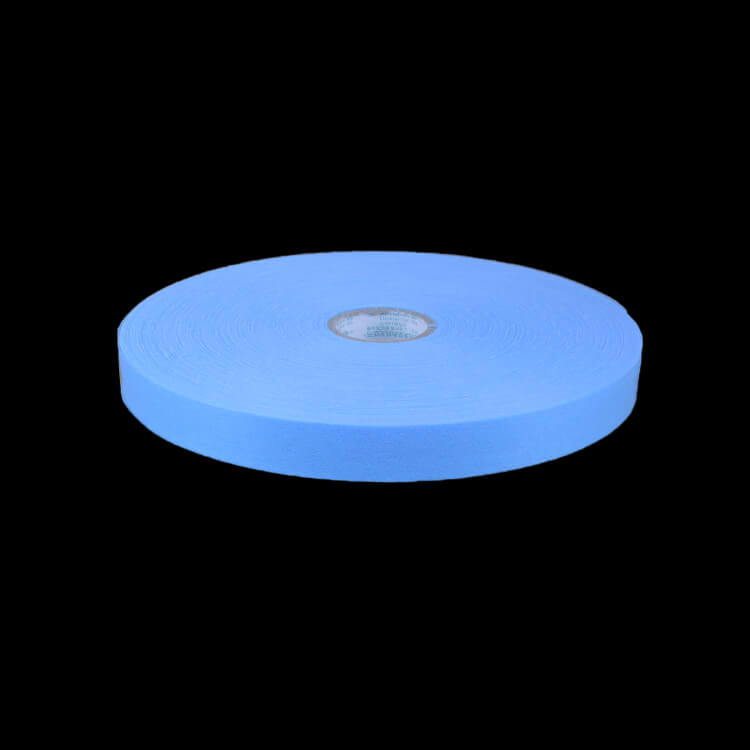
Disposable diapers are a popular choice for their convenience and efficiency. However, they have a significant environmental impact. The production of disposable diapers requires large amounts of plastic and wood pulp, contributing to deforestation and increasing plastic waste. Additionally, the disposal of used diapers creates a massive burden on landfills, as they take years to decompose. This unsustainable cycle calls for alternative solutions that minimize the ecological footprint.
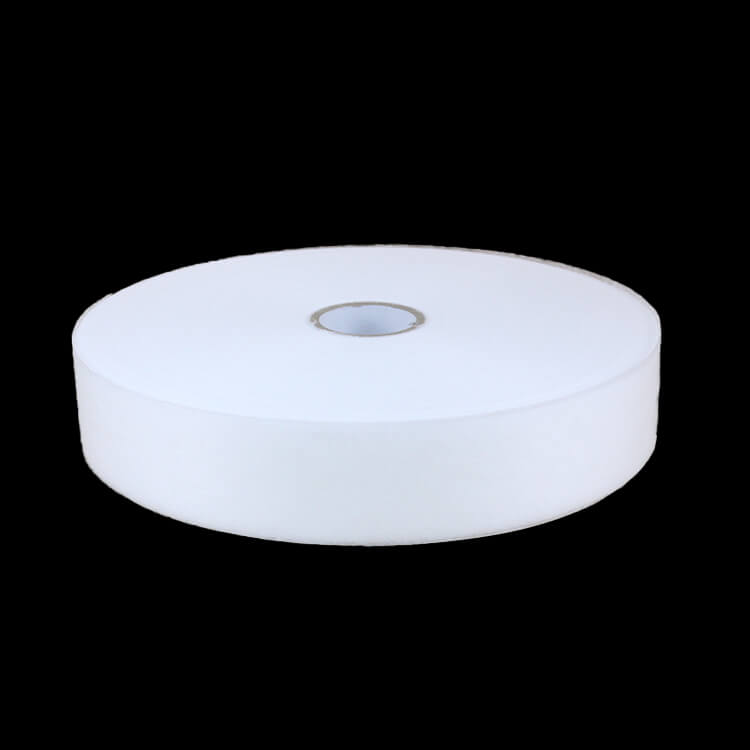
Non-woven fabric is a versatile material made from fibers that are bonded together mechanically, thermally, or chemically. It offers numerous advantages over traditional woven fabrics, including cost-effectiveness, durability, and resistance to tears. By harnessing non-woven fabric waterproof technology, diaper manufacturers can create sustainable diaper solutions that reduce the environmental impact without compromising performance.
Non-woven fabric waterproof technology involves the application of a waterproof coating to the material. This coating acts as a barrier, preventing liquids from penetrating the diaper. By effectively containing moisture, non-woven fabric waterproof diapers reduce the frequency of diaper changes, minimizing waste generation and reducing the amount of plastic used in each diaper.
Furthermore, non-woven fabric can be produced from recycled materials, such as recycled plastic bottles or polyester fibers. This not only reduces the demand for virgin materials but also contributes to waste reduction and recycling efforts. Harnessing non-woven fabric waterproof allows for the development of eco-friendly diapers that are both effective and sustainable.
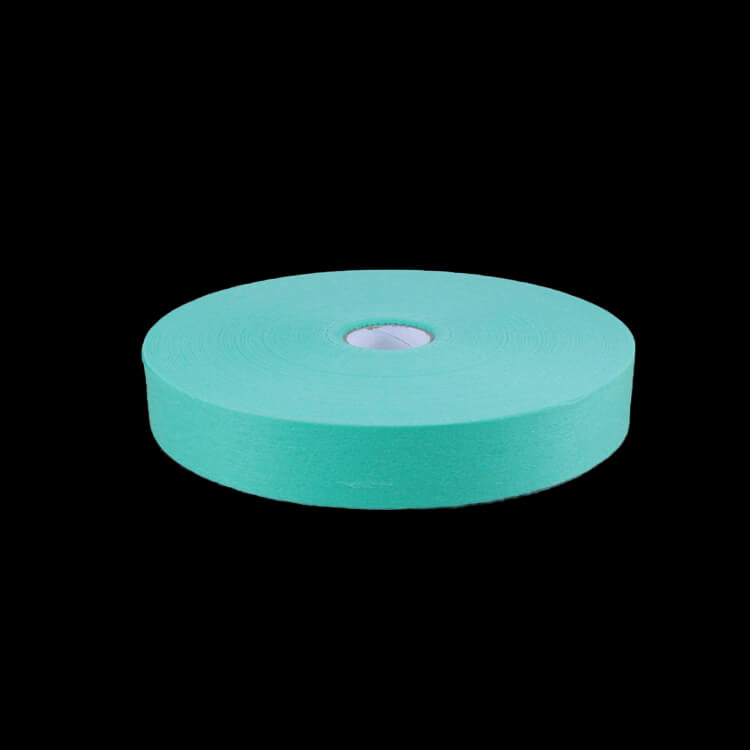
Switching to sustainable diaper solutions has multiple benefits for both the environment and consumers. Firstly, reducing the use of plastic and the reliance on natural resources helps preserve ecosystems and reduce carbon emissions. By incorporating recycled materials into the production process, diaper manufacturers can contribute to the circular economy and promote a more sustainable future.
Secondly, sustainable diapers offer advantages in terms of performance and comfort. Non-woven fabric waterproof technology provides superior leakage protection, keeping babies dry and comfortable for extended periods. The breathable nature of non-woven fabric also reduces the risk of diaper rash and skin irritation, enhancing the overall well-being of the child.
Finally, sustainable diaper solutions contribute to a greener and healthier world for future generations. By embracing innovative technologies and materials, manufacturers can lead the way towards a more sustainable diaper industry that minimizes waste and preserves natural resources.
In conclusion, harnessing non-woven fabric waterproof technology offers a promising solution for sustainable diaper solutions. By addressing the environmental concerns associated with disposable diapers, this technology allows for the creation of eco-friendly diapers that are both effective and comfortable. Switching to sustainable diaper solutions not only reduces the ecological footprint but also benefits the well-being of infants and contributes to a greener future. With continued research and innovation, non-woven fabric waterproof can play a significant role in promoting sustainability in the diaper industry.
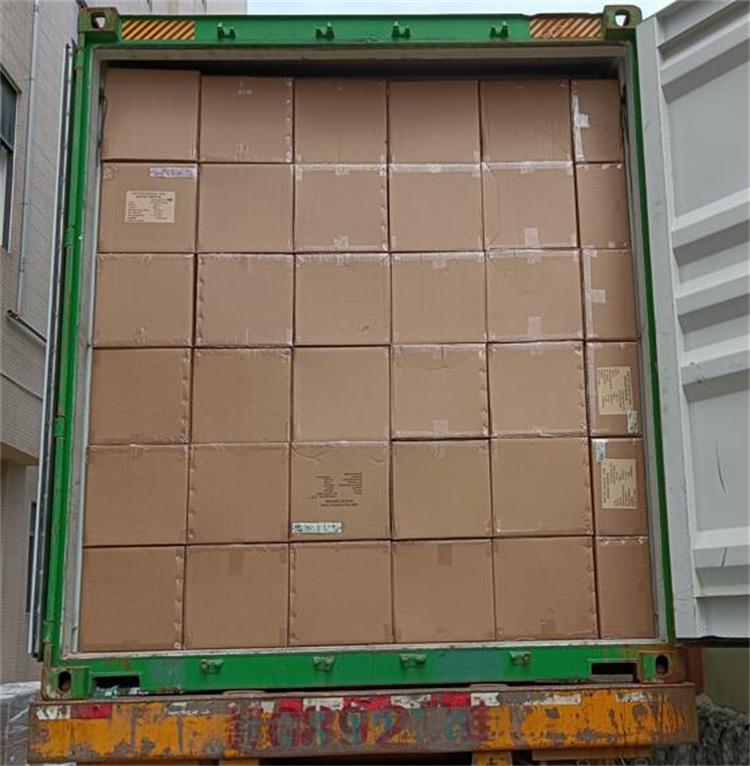
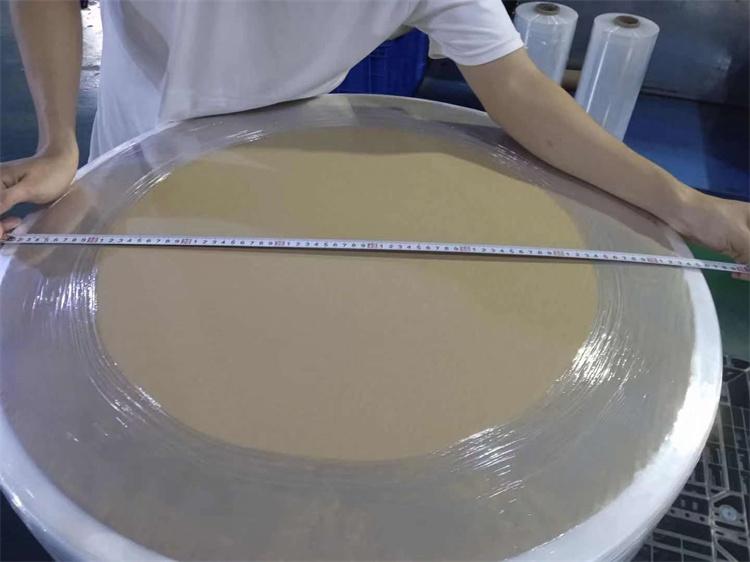
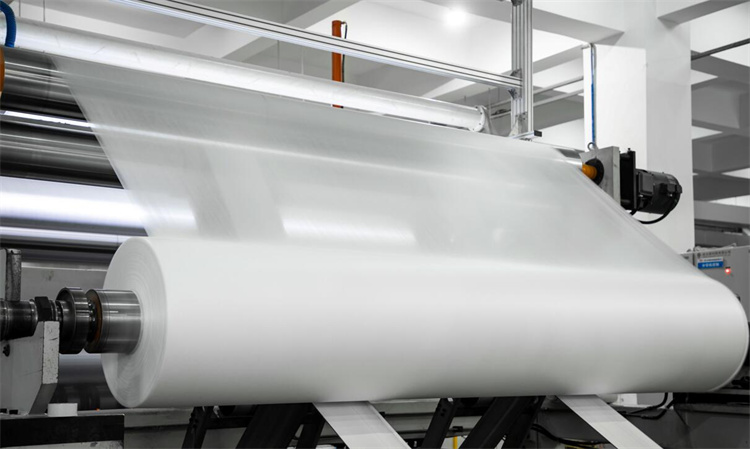
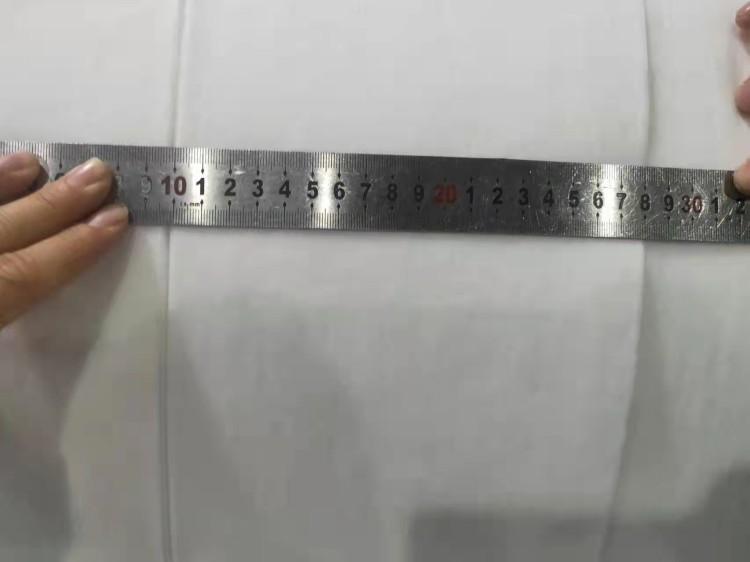

 Email: info@whldiapernonwoven.com
Email: info@whldiapernonwoven.com
 MP/WhatsApp: +86-13599937366
MP/WhatsApp: +86-13599937366
 Manufacturer Address:Room 1105B, Bld M1, Manhattan, Yulongwan, Shimao, Shuanglong Road, Meiling Street, Jinjiang, Fujian, China
Manufacturer Address:Room 1105B, Bld M1, Manhattan, Yulongwan, Shimao, Shuanglong Road, Meiling Street, Jinjiang, Fujian, China